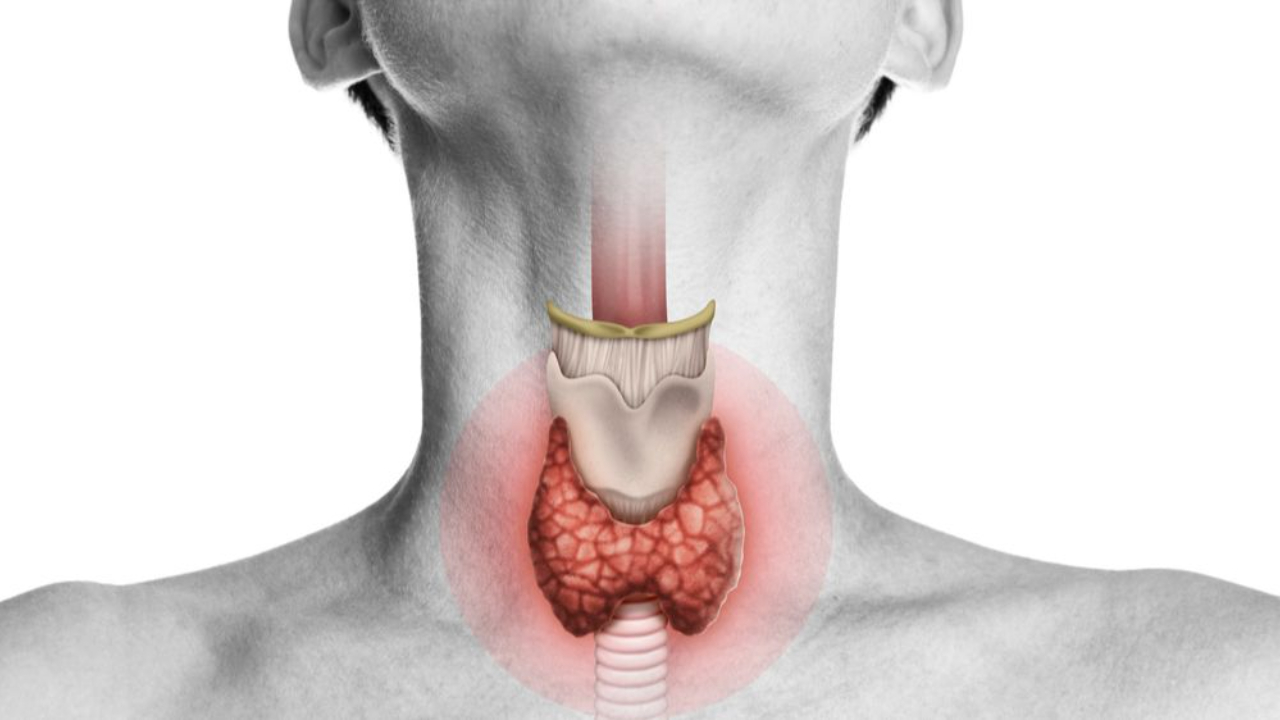Diet & Thyroid Function
Mar 27, 2023
The thyroid is a butterfly-shaped gland located in the neck that produces hormones that regulate metabolism and energy levels in the body. Thyroid function is important for maintaining overall health, and diet can play a significant role in the health of the thyroid gland.
Iodine is an essential mineral that is required for the production of thyroid hormones. In areas where iodine deficiency is common, such as in certain parts of the world, iodine deficiency can lead to hypothyroidism, a condition where the thyroid gland does not produce enough thyroid hormone. To prevent iodine deficiency, it's important to consume adequate amounts of iodine through the diet or supplements.
Good sources of iodine include seaweed, fish, dairy products, and iodized salt. However, it's important to be cautious when supplementing with iodine, as too much iodine can also lead to thyroid dysfunction.
In addition to iodine, other nutrients that are important for thyroid health include selenium, zinc, and vitamin D. Selenium is required for the production of thyroid hormones, and a deficiency in selenium can lead to thyroid dysfunction. Good sources of selenium include Brazil nuts, seafood, and organ meats.
Zinc is also important for thyroid function, as it plays a role in the conversion of thyroid hormone into its active form. Good sources of zinc include oysters, beef, and pumpkin seeds.
Vitamin D is important for overall health, and research has suggested that low levels of vitamin D may be associated with an increased risk of thyroid disease. Good sources of vitamin D include sunlight exposure, fatty fish, and fortified foods.
On the other hand, some foods can interfere with thyroid function. Goitrogens are substances that can interfere with iodine uptake by the thyroid gland, and they are found in cruciferous vegetables like broccoli, cauliflower, and kale. While these foods are generally considered healthy, people with thyroid issues should consume them in moderation and avoid consuming them raw.
Finally, it's important to maintain a healthy body weight, as both obesity and extreme weight loss can lead to thyroid dysfunction. A well-balanced diet that is rich in whole foods, including fruits, vegetables, lean protein, and whole grains, can support healthy weight management and overall thyroid function.
In conclusion, diet plays an important role in thyroid function. Consuming adequate amounts of iodine, selenium, zinc, and vitamin D, while avoiding excessive consumption of goitrogenic foods, can support healthy thyroid function. Maintaining a healthy body weight through a balanced diet can also support overall thyroid health.
Stay Informed
Get exclusive, science-backed insights straight to your inbox. No fads. No nonsense—just real, actionable information to support your journey to better health.






